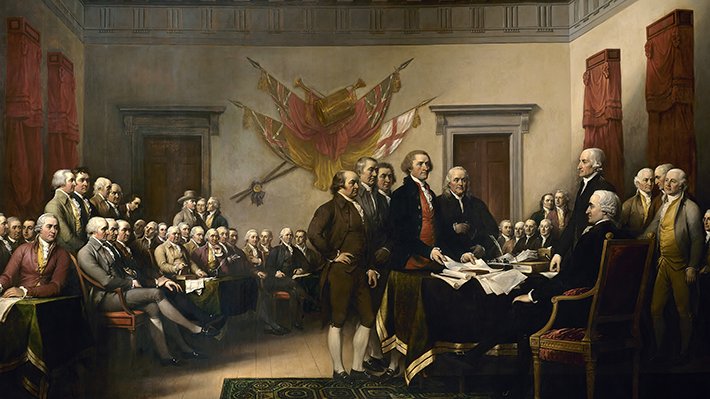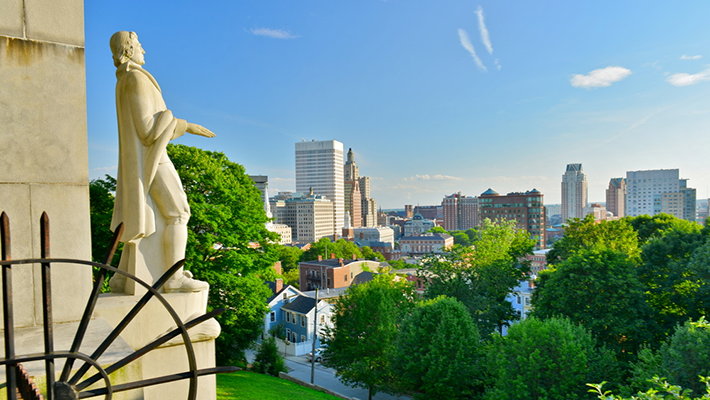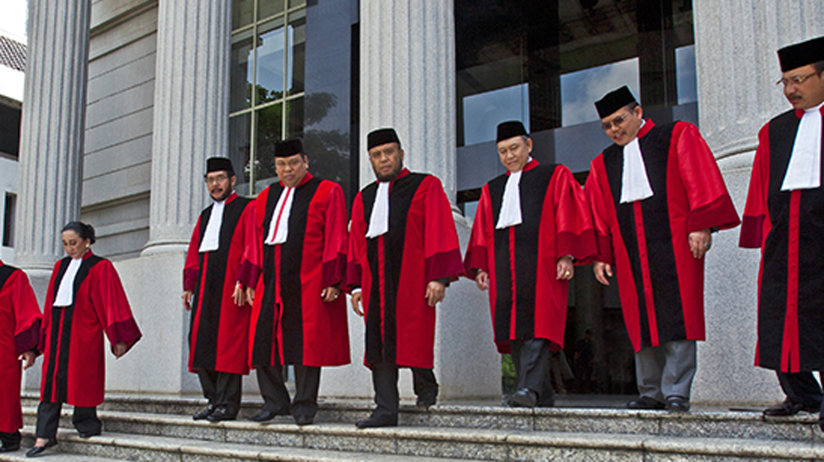A Brief Analysis of the Free Speech vs. Hate Speech Debate
In one of his many letters stressing the importance of education, Thomas Jefferson wrote that, “as long as we may think as we will, & speak as we think, the condition of man will proceed in improvement.”
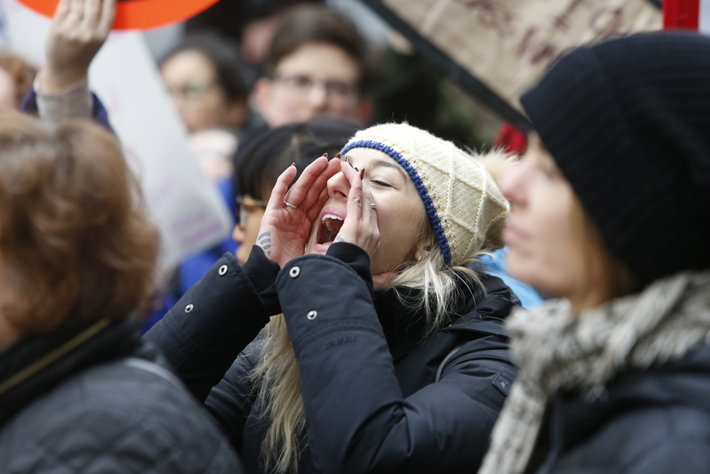
I’ve always admired that quote as exemplifying what the founding of the United States had to offer the world because, underlying it—and underlying any self-governing society—is the assumption that people are essentially rational and can be trusted to make correct decisions, a very different premise than that of forms of government up to that time. In Jefferson’s view, to decide correctly, citizens needed to be able to freely acquire and interchange information, be the keepers of their own consciences, and speak out when needed, either individually or as part of a group.
As a member of a religion that came into existence in the 20th century, I’m very much aware that the guarantees of freedom of expression—which have become part of the basic laws of many countries over the past two centuries—have made it possible for Scientology to be practiced and grow openly around the world. So, if we are going to talk about “hate speech versus free speech” we have to start by affirming the vital necessity of preserving free and open communication in all of its forms.
At the same time, though, a quick glance at the tabloids at your local supermarket will make it very obvious that not all forms of public communication are exactly at the level of enlightened discourse that Jefferson hoped for.
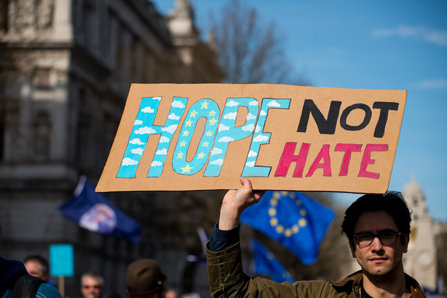
That leads us to hate speech. The airwaves, cyberspace and printed media all seem to be filled with competing accusations of “hate speech” often accompanied by charges that—in the interest of protecting against hate speech—free speech is being stifled. Maybe you have wondered, as I have, when does free speech become hate speech? Are there legal restrictions on hate speech? Is it so destructive that it should be restricted or is it something that is part of day-to-day life and that people should learn to let wash over them?
A search of various dictionaries, both hard-copy and online gives a set of definitions that are pretty consistent. To quote the Random House Unabridged, hate speech is “speech that attacks a person or group on the basis of race, religion, gender or sexual orientation.” Other definitions include phrases like “offends, threatens or insults,” “incites discrimination, hatred or violence,” “maliciously slurs or defames,” or “is likely to promote violence.”
Take a look at all those verbs and ask what would underlie attacking, offending, threatening, maliciously slurring and inciting discrimination, hatred or violence. An obvious common denominator is the intention to destroy the person or group that is the subject of the hate speech.
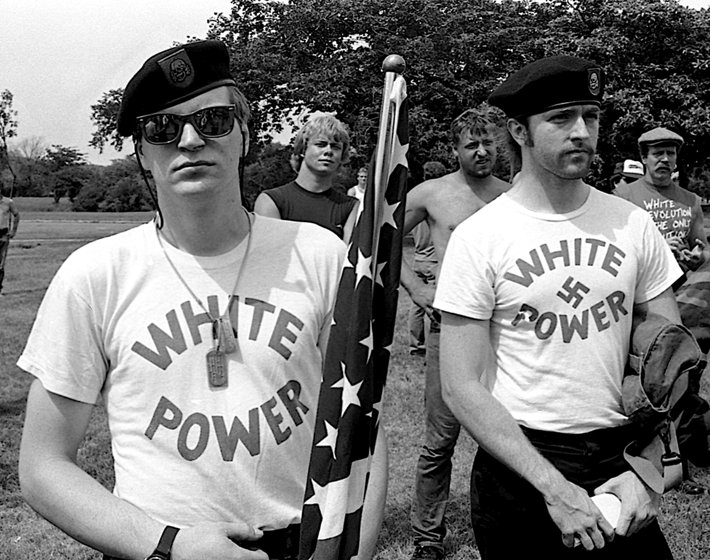
Spoken and written words can all too easily lead to physical violence. For example, in 2015, a white supremacist named Dylan Roof murdered nine African Americans at a Charleston, South Carolina church after they had welcomed him to their Bible study group. Roof’s racism was found to have been stoked by reading white supremacist propaganda on the Internet to the point where his defense attorney would claim that Roof was “simply regurgitating… bits and pieces of facts that he downloaded from the Internet directly into his brain.” But while Roof is currently under a death sentence, the purveyors of the bigotry that appear to have helped motivate him do not face prosecution or any penalty at all.
In the United States, hate speech is usually treated as protected free speech unless it is directed to inciting or producing imminent lawless action and is likely to produce or incite such action. The Supreme Court has protected the rights of Nazis, anti-Semites, cross-burning Klansmen and an anti-gay Baptist sect to openly denigrate others. The only restrictions, to quote from one decision, are for speech “likely to produce a clear and present danger of a serious substantive evil that rises far above public inconvenience, annoyance, or unrest…”
The United States seems to be an exception to the rule of most developed countries and many third-world countries which in one way or another penalize hate speech. The question of whether or not to regulate hate speech has generated a lot of controversy. Some claim regulating it would prevent violence and the degradation of certain individuals and groups. Others assert that, in the name of reining in hate speech, legitimate dissent has been suppressed and the door is thus opened for a government to suppress all opposition.
Words only have power when they are believed and acted upon. If enough people can see hate speech and writing for what it is—in both its blatant and covert manifestations—and reject it, it will lose its power.
There are a number of reasons why I think that the American approach is closer to being right than the more restrictive approach taken by other countries. For one thing, I can easily think of many more examples of societal havoc arising from suppression of free expression than from open expression of bigotry in a free society. There are still many countries that place considerable restrictions on free expression. It would be all too easy for a government to suppress dissent or exposure of government corruption in the name of preventing hate speech. Even when applied by a non-authoritarian government, it seems dubious to me that restricting expression will actually reduce prejudice and intolerance, because these do not die with legislation but education.

For example, Germany is one of many countries that has passed laws against hate speech. Particularly sensitive to its Nazi past, Germany forbids displaying all Nazi paraphernalia, symbols or uniforms. When neo-Nazis demonstrate, they are prohibited from singing Nazi songs or using slogans. By contrast, in the United States, Nazis can openly appear, swastikas and all, as was the case in Charlottesville, Virginia recently. Some Europeans were appalled to see Nazis openly appearing on American streets. However, banning the Nazis and their symbols hasn’t seemed to eliminate Nazism and its hatred of its target in Germany. When Nazis appear on the streets, despite lacking banners, symbols or any open communication of their views, people know why they are there and what they stand for. It would probably take a very heavy-handed, authoritarian control of all public assembly and communication to truly control hate speech but would it change a single person’s heart? And anyone with the least knowledge of history knows where such attempts at control lead.
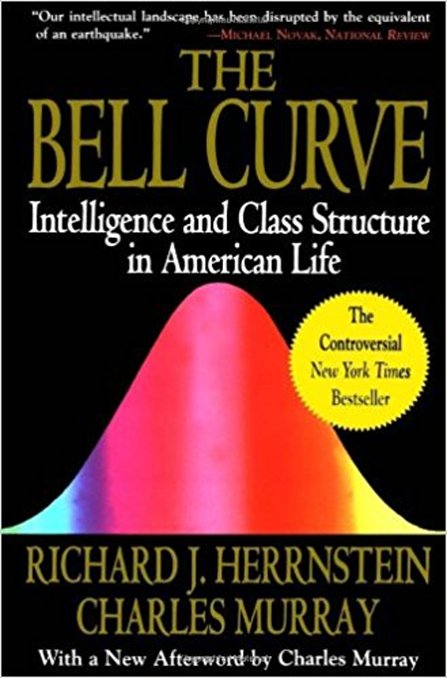
There is another reason why hate speech laws are of limited value: much of what attacks, threatens or maligns individuals and groups isn’t easily recognizable for what it is. To give one of many examples, in the mid-1990s a psychologist and political scientist published a book called The Bell Curve. Written in very conservative academic language, the book forwarded the ideas that heredity plays a major role in determining intelligence and that Blacks and Latinos are, on the average, intellectually inferior to Whites and Asians. It’s easy to see how such a book could do far more harm to African Americans and Latinos than a thousand Klansmen in the streets, however no one attempted to get it labeled as hate speech. What did happen is that many critiques appeared challenging the conclusions, data and methodology of the authors with the result that the book never achieved anything beyond controversy. Had someone attempted to ban the book as an expression of hate, it could have very dangerously limited the ability to publish unpopular ideas. I don’t think that legally allowing hate speech means that we have to tolerate it. If its purveyors are isolated and discredited they will do little except blow hot air. Words only have power when they are believed and acted upon. If enough people can see hate speech and writing for what it is—in both its blatant and covert manifestations—and reject it, it will lose its power.
Yes, I know. Much more easily said than done. Yet it is a skill that people who wish to be part of a free and open society have to master just like anyone who wishes to take advantage of the right to move around freely needs to learn to drive and use the transportation system.
As a Scientologist, I’ve seen people affected by hostile media whose attitudes were completely changed for the better by meeting a Scientologist, visiting a church or learning about actual Scientology beliefs. That seems like a much better approach then leaving it up to a government official to make a call as to what constitutes hate speech. Allowing individuals to regulate their own communications puts a lot of responsibility on those doing the speaking and those spoken about—as well as printed, electronic and social media which acts as a relay point—to see that correct information makes it into the communication channels of society. But in the long-run it has the potential to create a much freer and saner marketplace of ideas.
Going back to the first paragraph of my post, I’d say that Jefferson was being more than a little bit optimistic. Whether or not he turns out to be right depends on all of us who have inherited his legacy.







